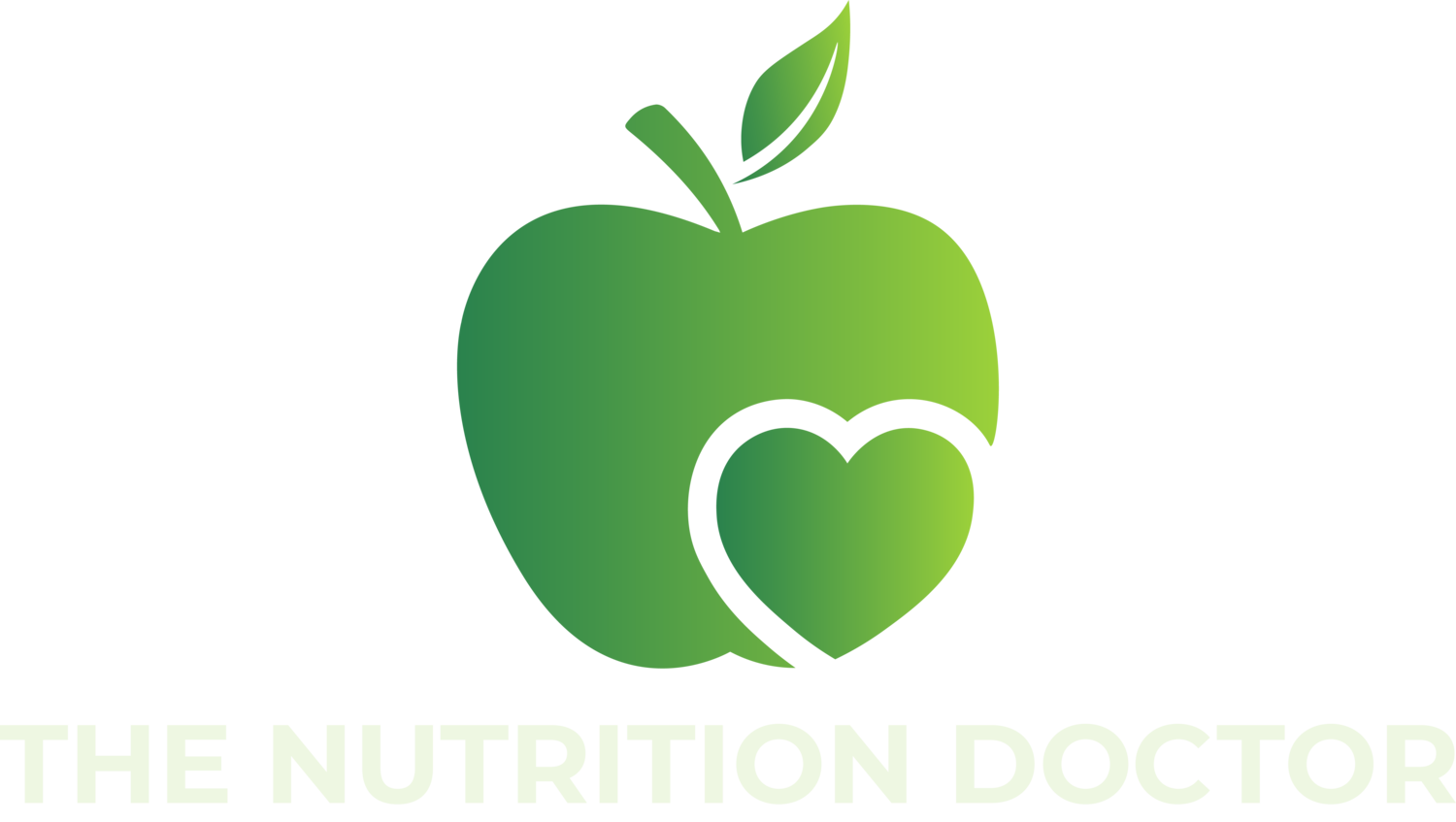What to eat to support the immune system in winter?
Food for the immune system
Interested in a personalised online nutrition consult? Contact emily@thenutritiondoctor.com.au
Follow us on instagram
With winter approaching, I commonly get asked about what to eat to help support the immune system when there are bugs going around like the flu and the common cold. The cold and flu and both caused by viruses, as can be other forms of infections like tonsillitis and chest infections.
However, when people think of their immune system, they usually don’t think of their guts. The gastrointestinal tract, which starts at the mouth, then goes down towards the stomach, through the small and then the large intestine, is where you find the majority of your body’s entire immune system!!
So gut health, is really important for your immune health.
A good place to start when talking about gut health is differentiating between prebiotics and probiotics. Prebiotics are components of food which promote the growth of the microorganisms in your gut and that leads to a health benefit for you.
These prebiotics are not usually identified on food labels, instead words like inulin, oligosaccharide, galacto-oligosaccharides, fructo-oligosaccharides, oligofructose, chicory fibre are used. Now before you start hunting the ingredient list of food products, I have prepared a list of natural food sources of prebiotics that you can fill your shopping trolleys with.
Vegetables such as asparagus, garlic, artichokes, leeks, onions, beans and potatoes
Wholegrains such as: barley, oats, quinoa, rye
Fruit such as apples, bananas, berries, citrus fruit, and kiwi fruit
Nuts and seeds such as flax seeds and chia seeds.
So now we have covered prebiotics. let us talk about probiotics. Probiotics are live microorganisms, or live bacteria. By having these, you are temporarily modifying the bacteria in your intestines, however when you stop taking them, your bacteria returns to normal. While you can buy probiotics in supplement form, the right type of bacteria and the right dose needs to be taken and there is not much evidence about what the right bacteria is or the right dose. So, using food sources of probiotics makes the most sense where you are getting plenty of other health benefits from the food too such as dairy containing yogurt, cheese, and kefir. If you are not a fan of dairy foods, then other options include fermented vegetables such as pickles, sauerkraut which is made from finely cut raw cabbage, and kimchi which is traditional to the Korean cuisine and is often made from cabbage or radish but there are many varieties. Fermented soy products such as miso is another choice however miso soup is not included because once you add boiling water to the miso, the microorganisms are killed.
There are also a whole range of vitamins and minerals such as zinc and vitamin C which also have important roles to play in immune system function. Zinc food sources include wholegrains, chickpeas and baked beans. Food sources of vitamin C include fruit and vegetables so have plenty of these. Soup made with plenty of vegetables and chickpeas or lentils is my go to winter warmer and sore throat soother!
Do you have a nutrition question you want answered by The Nutrition Doctor? Send an email to emily@thenutritiondoctor.com.au or complete the contact us form.
